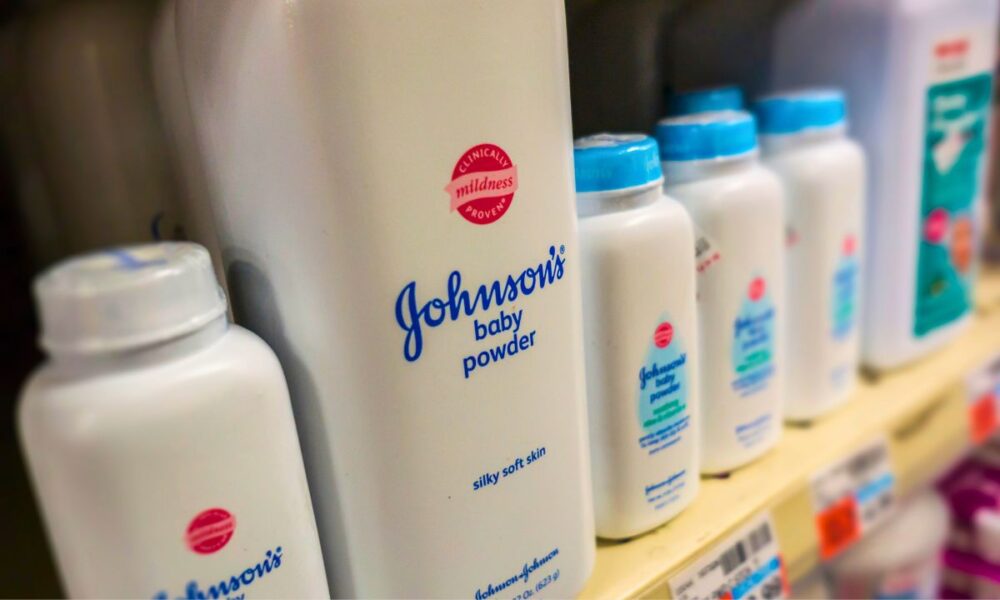Johnson & Johnson was ordered to pay $966 million to the family of a woman who died from mesothelioma over allegations that its baby powder products caused the cancer.
After Mae Moore died in 2021, her family sued the multinational company, claiming asbestos fibers in their baby powder led to her rare death. On Monday, a Los Angeles jury ordered Johnson & Johnson to pay $16 million in compensatory damages and $950 million in punitive damages.
The verdict still has the opportunity to be reduced on appeal. The U.S. Supreme Court has determined that punitive damages should typically be no higher than nine times compensatory damages. In this instance, they represent nearly 60 times the total.
In a statement, J&J’s Worldwide Vice President of Litigation, Erik Haas, said the company plans to immediately appeal what they consider an “egregious and unconstitutional” verdict, per Reuters.
“The plaintiff lawyers in this Moore case based their arguments on ‘junk science’ that never should have been presented to the jury,” said Haas.
The company maintains that its products are safe and do not contain asbestos, nor do they cause cancer. However, J&J pulled its talc-based baby powder from U.S. shelves in 2020, opting instead to sell a version containing cornstarch.
Following the verdict, one of the attorneys for Moore’s family, Trey Branham, said his team is “hopeful that Johnson & Johnson will finally accept responsibility for these senseless deaths.”
The company is currently facing lawsuits from more than 67,000 plaintiffs alleging they were diagnosed with cancer after using baby powder and other talc products. Most of the cases allege the products caused ovarian cancer, but a small number claim the talc led to mesothelioma, as in the Moore’s case.
In 2002, The Dallas Express reported that Johnson & Johnson reportedly leveraged a loophole in the state of Texas to avoid responsibility for Kimberly Naranjo’s cancer. Known as the ‘Texas Two Step,’ the strategy involved J&J creating a new company and placing all its alleged responsibility into the new entity. The new company then filed for bankruptcy, halting the progression of the lawsuit filed by Naranjo.


